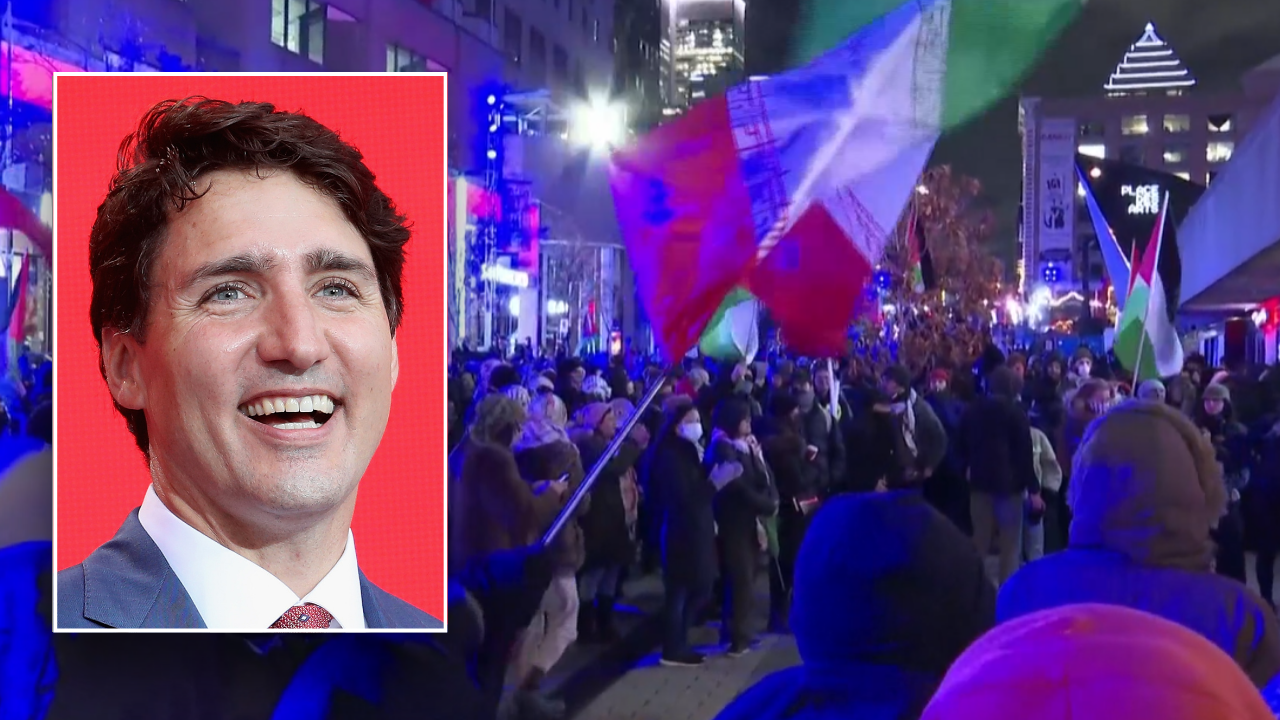Soon after three young children and a woman in her 30s were wounded in a knife attack outside a Dublin school on Thursday, rumors about the perpetrator’s nationality began to proliferate online.
The Garda Síochána, the Irish police force, did not reveal anything about the background of the man taken into custody after the attack, who had been tackled to the ground by bystanders.
But unconfirmed reports that he was an Algerian migrant began circulating in nationalist and far-right groups, according to disinformation researchers. Alongside those: a call to gather in central Dublin, in what anti-immigrant voices framed as a stand against crime and in defense of Irish children.
What started as an online rumor spread to rioters attacking the police, setting police cars on fire and looting stores in the worst unrest to hit Ireland in decades, the authorities said on Friday. Some demonstrators carried banners reading “Irish Lives Matter.” Others vandalized hotels and hostels thought to be housing migrants.
Several police officers were injured, one seriously, and 34 people were arrested, Drew Harris, the police commissioner, told reporters on Friday.
“We have not seen a public disorder situation like this before,” he said adding there was “an element of radicalization” to the disorder. A group of people had taken “a thimbleful of facts” and added “a bathful of assumptions — hateful assumptions,” he said.
Videos of the scene on Friday morning showed a strong police presence and city workers scraping burned debris off the roads and towing away damaged cars.
Irish officials condemned the rioters and called the disorder “disgraceful,” blaming a far-right faction for fueling tensions by spreading misinformation about the knife attack. Prime Minister Leo Varadkar said that the police would fight back against “waves of ignorance and criminality.”
“Those involved have brought shame on Dublin, brought shame on Ireland and brought shame on their families and themselves,” Mr. Varadkar said. “This is not who we are. This is not who we want to be, and this is not who we will ever be.”
Researchers specializing in the spread of online extremism said the riots were an example of far-right groups capitalizing on the discontent and disenfranchisement of some Irish people, at a time when many have struggled to keep up with the cost of living and a housing crisis.
Like many parts of Europe, Ireland has received an influx of newcomers in recent years as conflict, economic pressure and climate change have driven migration. In the year leading up to April 2023, the number of immigrants to Ireland had reached a 16-year high of 141,600, according to official data, including more than 40,000 Ukrainians.
Jane Suiter, a professor at Dublin City University who studies disinformation, said news of the knife attack on Thursday quickly spread through far-right groups, websites and social media spaces.
“It snowballed,” Professor Suiter said. “The protest was small in the beginning. But then young men started arriving from everywhere and converging.”
“We need a lot more research and to be taking online radicalization and extremism more seriously in Ireland,” she added.
The disorder on Thursday followed a stabbing attack in central Dublin, in which a teacher and three young children were wounded outside a school at about 1:30 p.m. One of the children, a 5-year-old, remained hospitalized in critical condition on Friday.
A man in his 50s, also injured in the attack, was taken into custody, the police said on Thursday, adding that the motive for the incident was unclear and that they were keeping “an open mind” at this stage of the investigation.
Within hours a “riotous mob” had gathered at the crime scene and tried to break the police cordon, Commissioner Harris said. The disorder escalated after 5 p.m., he said, and the police deployed more resources.
Commissioner Harris said that the force would review its tactics on policing public disorder. But he pushed back at assertions that officers had failed to contain the unrest, adding that they could not have anticipated its intensity.
Mr. Varadkar said that Ireland would “modernize” its laws on incitement to hatred and in the coming weeks would pass new legislation allowing the police to better use CCTV footage they collected on Thursday. Ireland’s justice minister, Helen McEntee, told the national broadcaster Raidió Teilifís Éireann (RTE) that anyone charged with assaulting a police officer could face up to 12 years in prison.





